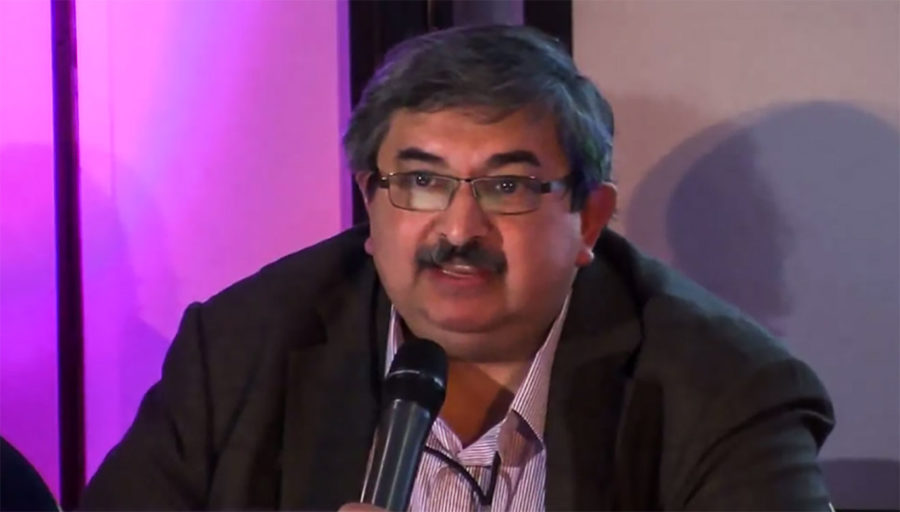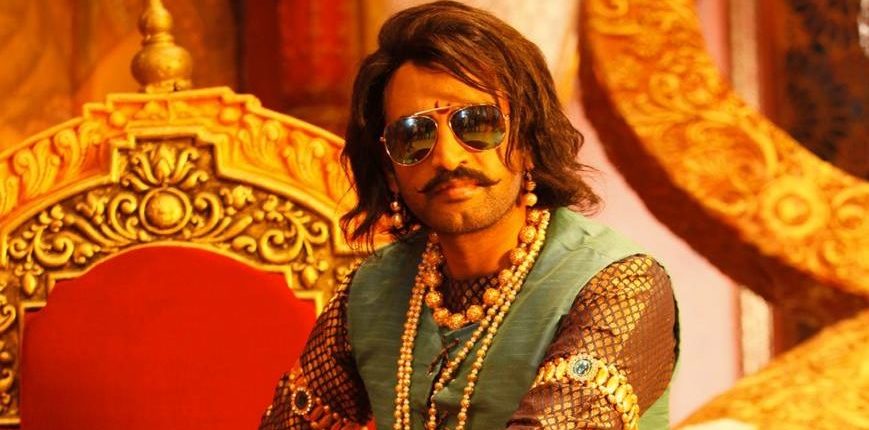Salil Tripathi’s Twitter account, after a two-day suspension, has been restored, but questions of censorship raised by prominent writers, activists and journalists, including Salman Rushdie, Amitav Ghosh, Nilanjana Roy, and Congress leader Shashi Tharoor remain unanswered as Twitter continues to maintain that Tripathi’s account was suspended over a published list.
Tripathi’s account was initially suspended after he posted a poem on December 6, the day the Babri Masjid was demolished in 1992. Following backlash for curbing Tripathi’s freedom of expression, a Twitter spokesperson responded to query from a Times of India journalist and said that Tripathi’s account had published a list that violated Twitter’s “abusive behaviour policy.”
Tripathi also chairs the PEN International’s Writers in Prison Committee, which has been campaigning for writers who have been threatened, suppressed or imprisoned for their work. The most famous of these include Wole Soyinka, Vaclav Havel and Salman Rushdie, who have had to weigh their words in the current geopolitical climate.
Author and journalist Nilanjana Roy said that Tripathi’s post was about a shared anguish.
Why has @saliltripathi's Twitter account been suspended?
Earlier today, he'd tweeted about the demolition of the #babrimasjid, expressing the continuing anguish many also feel — hope @TwitterIndia will restore his voice soonest. pic.twitter.com/3Ul3kQfvOe
— Nilanjana Roy (@nilanjanaroy) December 6, 2020
Update No: 2⃣0⃣3⃣0⃣
🆂🆄🆂🅴🅽🅳🅴🅳: @saliltripathi
A D V E R T I S E M E N TBlue Tick Verified Account 🎇🎆
70.3K Followers🔥🔥🔥
Contributing editor to Mint and Caravan
Thanks : DESHI_ARMY🎖️⚔️ pic.twitter.com/6K6uuvb7mo
— DESHI_ARMY (@Deshi_Army) December 6, 2020
Twitter’s policy rules prohibit users from violence and glorification of terrorism/violent extremism, abuse/harassment, hateful conduct, circulating sensitive media, and graphic violence and adult content. Apart from following, sharing, editing and deleting a list, Twitter also gives the user the right to report a list for abusive behaviour.
Born in Mumbai, Salil Tripathi is a journalist based in New York. He is a senior visiting fellow for business and human rights at the Kennedy School, Harvard University, and is also an adviser to several global initiatives involving business and human rights.



